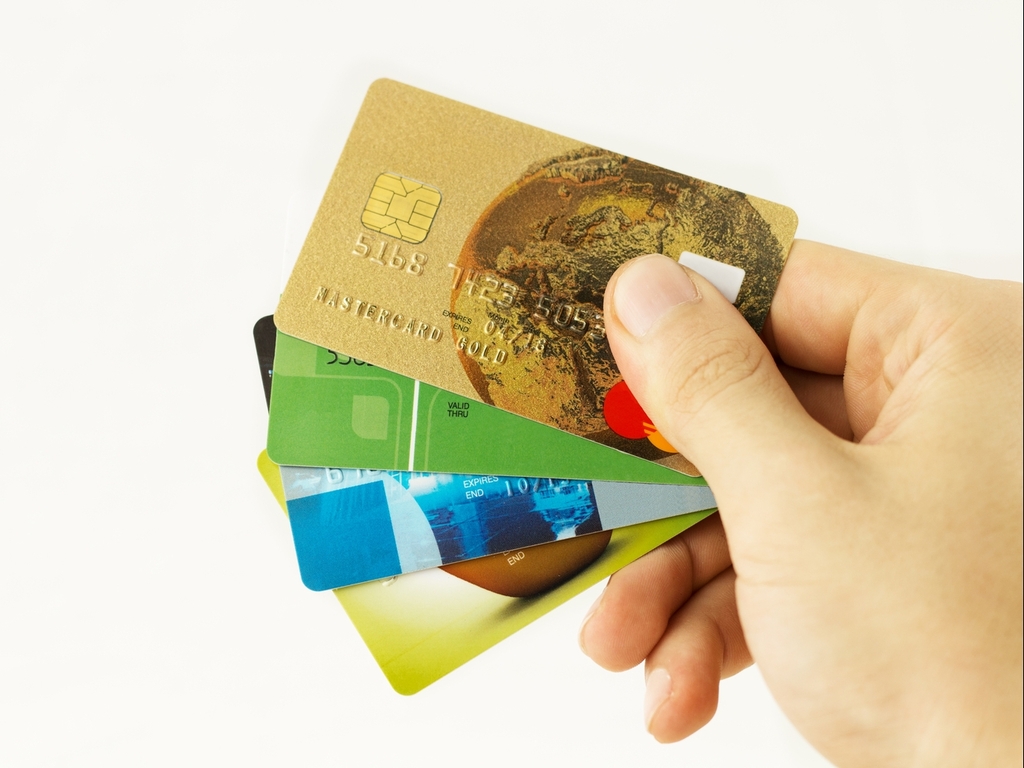The moment you receive your first credit card can feel exhilarating, but it’s important to learn how to use it responsibly. Using credit cards wisely can create a strong foundation for your financial future. On the flip side, using one incorrectly or irresponsibly can lead to huge financial problems. Which path you embark on is up to you, but here are some tips for getting the most out of your new card.
Have a Budget
A credit card is a valuable asset to avoid carrying cash, to earn rewards, and make purchases. However, if you can’t pay off your balance each month, that convenience may cost you in the long run.
Here’s a convenient way to ensure your credit card spending stays on track with your priorities: Use a budgeting method called the 50/30/20 method, which means you spend 50% of your after-tax income on necessary expenses like housing bills and groceries, 30% or less on non-essential products, and 20% or more towards savings and paying off debt.
Track Your Purchases
When you’re evaluating how much you can spend on things each month, it’s important to know where your money is going. If a credit card has a mobile app or website, you can use that to track your purchases throughout the month. Just be careful not to go over your spending limit.
Automate Payments
To avoid late credit card bills, set up automatic payments. Ideally, set up a payment that is more than the minimum payment (for your full balance) and transfer enough funds to your checking account before the payment’s due date. Otherwise, you could be hit with a late fee or a returned payment fee.
Don’t Use All Your Credit Limit
You may be tempted to use your credit card to its maximum limit, but resist the urge. Credit utilization—the amount of your credit limit you’re using—is the second biggest factor in your credit score. It can hurt your score if you run up a big balance and then don’t pay it off right away. You could also easily slip into expensive credit card debt.
Pay the Full Bill
When you pay only the minimum payment on your credit card bill, you end up spending more than you have to over time. The more you pay every month, the less interest you’ll have to pay. Be sure to pay off all your balances by the end of each billing cycle to avoid paying interest.

